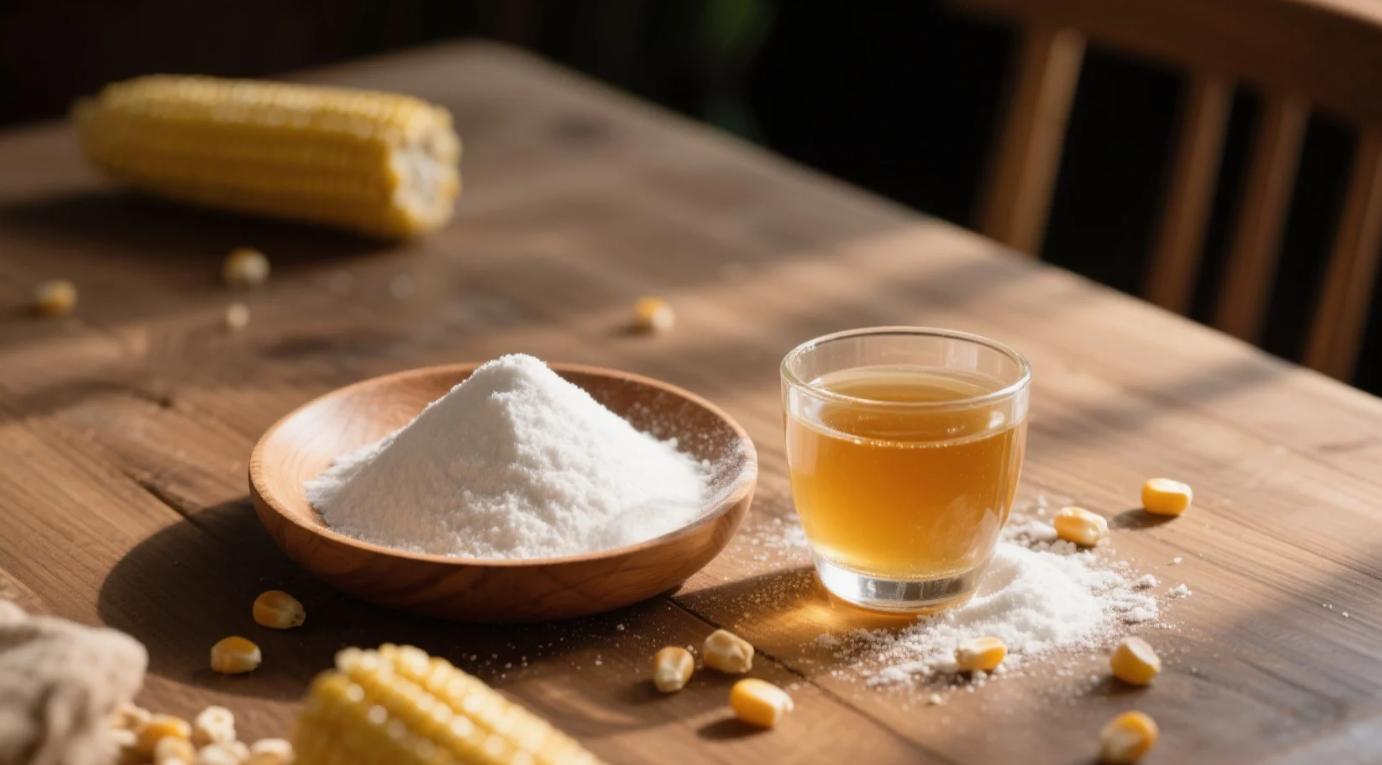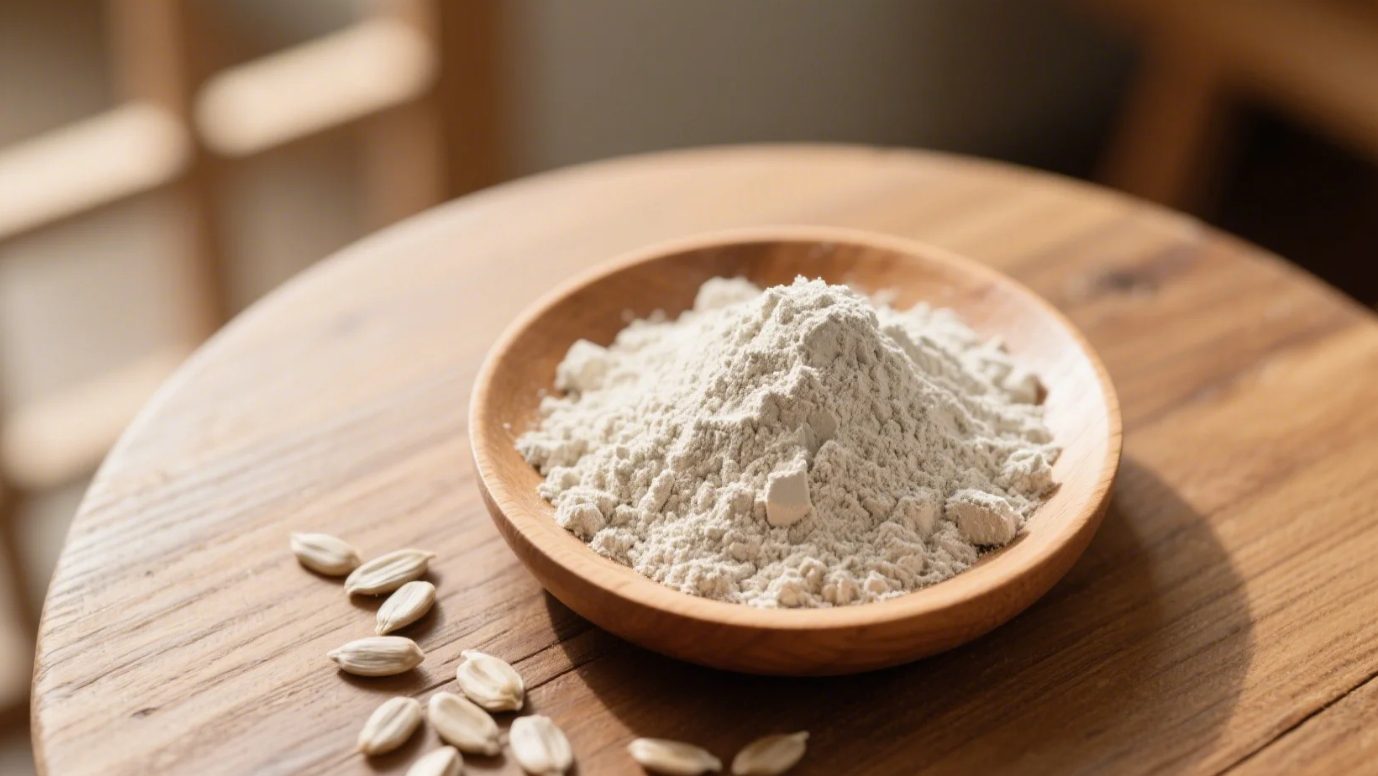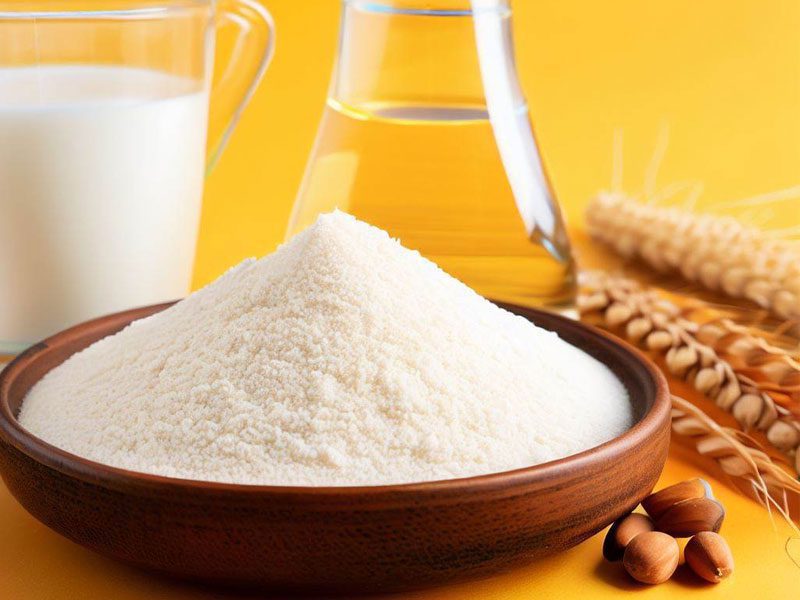Table of Contents
As the low-carb, diabetic-friendly darling of the sweetener world, organic allulose has stormed shelves in both powder and syrup forms. But for the 37 million Americans with chronic kidney disease (CKD), a pressing question remains: Does this rare sugar strain already compromised kidneys? Let’s unpack the science, risks, and safe usage protocols.

1. Allulose Metabolism: Why Kidneys Breathe Easy
A. Unique Excretion Pathway
- Zero Renal Processing: 90% of ingested allulose is absorbed in the small intestine and excreted unchanged in urine—no kidney enzyme breakdown required.
- No Electrolyte Drain: Unlike sugar alcohols (e.g., xylitol), allulose doesn’t deplete potassium or magnesium, critical for CKD patients.
B. Clinical Safety Data
- 2024 CKD Trial: 15g/day allulose syrup for 12 weeks showed no change in eGFR or creatinine levels in Stage 3 CKD patients (University of Tokyo).
- Animal Studies: Rats fed 5% allulose diet for 6 months exhibited zero kidney histopathology vs. sucrose-fed controls.
2. Allulose vs. Other Sweeteners: Renal Impact Compared
| Sweetener | Kidney Strain Risk | CKD-Safe? |
|---|---|---|
| Organic Allulose | None (urinary excretion) | Yes, in moderation |
| Erythritol | High (90% renal clearance) | Avoid in CKD |
| Aspartame | Methanol metabolite | Limited data |
| Sucralose | Potential tubule damage | Caution |
Key Insight: Allulose’s non-metabolized pathway makes it the safest low-calorie sweetener for renal health.
3. Who Can Safely Use Allulose?
A. Recommended For:
- Early-Stage CKD (1-3): 10-15g/day (powder or syrup) shows no adverse effects.
- Diabetics with Nephropathy: Zero glycemic impact aids blood sugar control without taxing kidneys.
- Hypertension Patients: Reduces systolic BP by 5-7mmHg via nitric oxide boost (no diuretic strain).
B. Use with Caution:
- Dialysis Patients: Limited excretion capacity may cause mild GI upset at >20g/day.
- Oxalate Kidney Stones: Allulose doesn’t increase urinary oxalate (unlike spinach/almonds).
4. Allulose Syrup vs. Powder: Renal Considerations
| Form | Benefits | CKD Notes |
|---|---|---|
| Allulose Syrup | – Easier digestion for gastroparesis | – Choose low-sodium versions |
| – Blends seamlessly in beverages | – Avoid potassium-preserved brands | |
| Allulose Powder | – Precise dosing for baking | – Watch phosphate additives |
Organic Certification Matters: Ensures no heavy metals (lead/cadmium) from conventional corn sources.
5. Safe Usage Guidelines for Kidney Health
- Dosage: Start with 5g/day, gradually increase to 15g (monitor urine output).
- Hydration: Pair each serving with 8oz water to support urinary excretion.
- Drug Interactions: None reported with phosphate binders or ACE inhibitors.
6. Future Innovations
- Allulose + Astragalus Blends: Early trials show 31% reduced proteinuria in diabetic nephropathy.
- Low-Potassium Formulas: Brands like SweetKidney™ are developing CKD-targeted syrups.
The Verdict
Organic allulose sweetener and syrup are renal allies, not adversaries. With its kidney-sparing metabolism and zero glycemic impact, it’s a game-changer for CKD patients craving sweetness without guilt. Yet, moderation remains key—consult your nephrologist before overhauling your diet. As research evolves, allulose solidifies its rank as the safest bet in the sweetener minefield.

